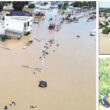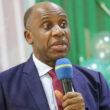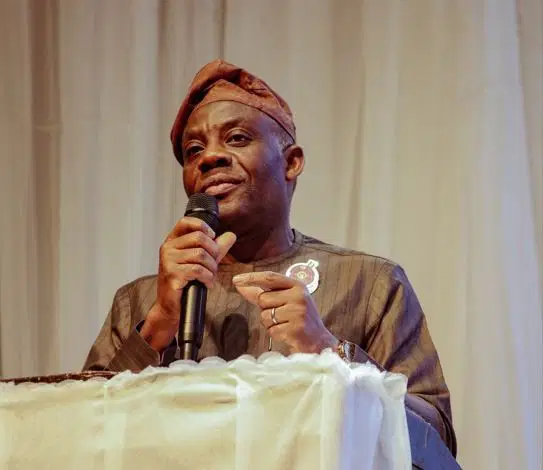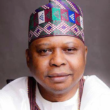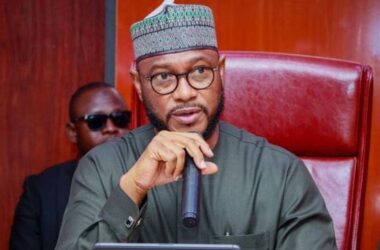The federal government is set to consult with key stakeholders regarding a proposed 12-year compulsory education model. The Minister of Education, Dr. Tunji Alausa, made this known during a press briefing in Abuja on Friday.
Alausa explained that the proposal, presented at the Extraordinary National Council on Education Meeting in Abuja on Thursday, aims to extend the current nine-year basic education system to 12 years. However, he clarified that the proposal is still under discussion and not yet an official policy.
One of the key features of the proposed plan is the removal of external examinations between Junior Secondary School (JSS) and Senior Secondary School (SSS). This change would allow students to move seamlessly from one stage to the next without the pressure of additional exams.
The minister assured that the government will engage in extensive discussions with relevant stakeholders, including policymakers, state governments, teachers, and parents. These consultations are expected to take place over the next eight months. A final decision will be made at the National Council on Education Meeting in October 2025.
In addition to the proposed 12-year education model, the council approved several other policies aimed at improving the education system. These include a national anti-bullying policy, the introduction of native languages in primary education, and setting a minimum age for admission into tertiary institutions.
Alausa noted that the objective of the proposal is to align Nigeria’s education system with global standards. Countries like the United States, the United Kingdom, and Ghana already practice 12 years of compulsory education, which has led to better learning outcomes.
The minister stressed that the government is committed to ensuring the proposed changes do not disrupt the education sector. Extensive consultations will be carried out before any final decision is made.
“What we’re saying is that we need to move from what we have now as nine years of compulsory education to 12 years of compulsory education as it’s obtained in other parts of the world,” Alausa stated.
He expressed concerns over the declining quality of education in Nigeria, pointing out that students from past decades who completed primary school often had better academic foundations compared to today’s junior secondary school students.
“Today, our quality of instruction and education is falling. If we let these kids continue to graduate, if we let these children tell them that they only have nine years of compulsory education, we’re literally just training illiterates. We’re not preparing them for the future,” he said.
Alausa also spoke about efforts to secure additional funding to support the proposed expansion of basic education. He stated that he plans to seek approval from the president to increase the current funding allocation for universal basic education from 2% to 5% of the consolidated revenue fund.


